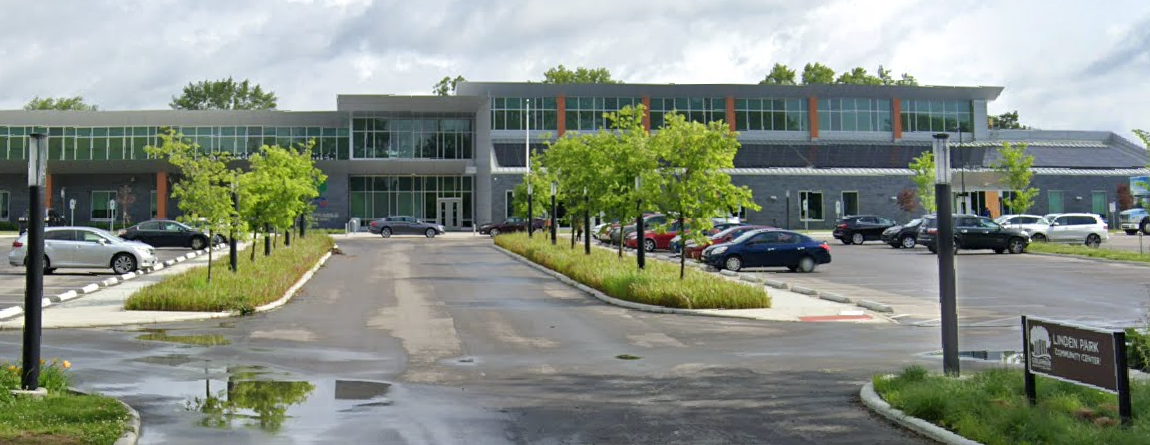Columbus council creates advisory committee for diversity hiring on construction projects

The Columbus City Council on Monday created a nine-member committee designed to make recommendations on adding goals for hiring female, minority and local workers on larger city construction projects that utilize "project labor agreements," which are pre-hire agreements with trade unions.
The new Community Benefits Agreement Advisory Committee will make nonbinding recommendations to the mayor on when such inclusion goals should be sought from construction companies and labor unions. But it doesn't appear the city will have to worry about unwelcome proposals: four of the nine members will represent the mayor's office or various departments under the mayor, while the fifth and deciding member will represent City Council.
The other four committee members will represent trade unions and "groups historically underrepresented" in the construction industry, the ordinance says.
The committee can also review plans and make recommendations on how newly constructed facilities get used, and on mitigation of the effects of construction on the neighborhood. It can make recommendations on dedicating green space, sports courts and occasional uses of the new space for art or youth programming, the ordinance says.
"This new chapter will promote a diverse workforce, efficient construction timelines, greater consideration of environmental impacts, and overall community benefits related to large city construction projects and renovation projects," Council member Rob Dorans, who is employed as an attorney for a labor union, said during the meeting.
The new advisory body "will embrace diversity and inclusion as it relates to construction projects in our city," said Nana Watson, president of the NAACP Columbus. "It is our hope you will share this model with other cities."
Construction companies say committee could have 'chilling effect'
But Richard Hobbs, executive vice president of Associated General Contractors of Ohio, which represents both union and nonunion general and specialty construction companies in Ohio, appeared wary of the new program in an email he sent Dorans last week and also shared with The Dispatch.
"The ultimate owner of these projects are taxpayers, and they demand quality projects built as timely and inexpensively as possible," Hobbs wrote. "Success to our organization would be providing the taxpayers the most bang for their buck, while increasing the number of qualified construction workers to build these projects.
"It is an extremely challenging time to find trained workers," a task that will be made more difficult "with added layers of bureaucracy," Hobbs wrote. Some contractors may simply not bid, he said, driving up the price the public pays for construction.
"Instead of making it easier to compete, this ordinance could have a chilling effect on public construction in Columbus," Hobbs wrote.
Community benefits agreements will add hiring goals to standard "project labor agreements," which are basically pre-hire agreements with the unions stipulating that all workers will either be union members or, if not, pay union fees. The union agrees to not strike during the project.
Project labor agreements have a long history of controversy in Franklin County, which in 2006 tried using them on the new courthouse and Huntington Park baseball stadium before backing down under heavy criticism from nonunion construction firms, the state and with the corporate donors helping to build the stadium.
The community benefits agreements, which the city has used twice to date constructing a community center and firehouse, "goes a step further," Dorans said. "It sets up basically goals for local hire, it sets up goals for recruitment," such as hiring people interested in apprentice jobs in the building-trades who live in the neighborhood where the construction is taking place.
"These agreements do not stipulate union or nonunion from a contractor standpoint; it only stipulates where the workers are coming from," Dorans said, pointing out that a nonunion contractor worked on the new Linden Community Center using its own workers supplemented by union workers.
The only thing that changed Monday, Dorans said, is that the city now has a formal process for the timely reviewing of projects costing more than $5 million to consider if diversity or other goals are appropriate.
Council to begin process of replacing departing Elizabeth Brown
In other business, Council President Shannon Hardin announced that the council would begin the process of finding a replacement for outgoing President Pro Tem Elizabeth Brown, who announced recently that she would leave the council to become president and CEO of the YWCA Columbus.
But Hardin said whoever is selected would be expected to serve only temporarily and not run for election to an additional four-year term in November 2023.
"We're already starting to get inquiries about who will finish out (Brown's) term," Hardin said. "...There is a process that we will outline very shortly.
"We certainly will be looking to rely on someone with experience, someone who will serve just for the 12-month period. We don't need someone to run for that race, but someone who really can caretake, but help us do the hard work."
Columbus gives $170,000 to help Trolley Barn development
On another matter, the council approved a $170,000 city contribution to the Trolley District development in the Franklin Park neighborhood to cover professional services and soft costs incurred on the mixed-use redevelopment project, which includes a fresh food market, business incubator, tap room, restaurant and office space.
Council passed the measure as an emergency, meaning it need not be delayed the required 30 days before taking effect, "so that the owner of the project can meet financial obligations in November," the ordinance said.
wbush@gannett.com
@ReporterBush
This article originally appeared on The Columbus Dispatch: Columbus panel to look at worker diversity in construction projects

